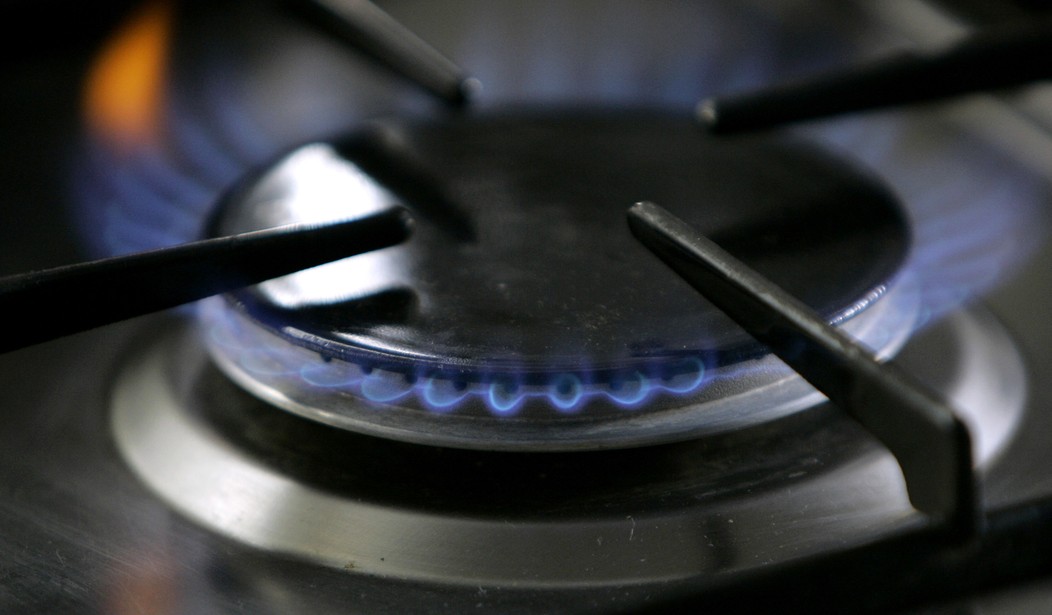The Biden administration’s War on Things That Work ran into a significant setback in the courts recently. At the start of Biden’s second year in office, he directed the Department of Energy to issue new “efficiency standards” for a variety of home appliances and plumbing fixtures. They went after everything from gas stoves and toasters to shower heads and toilets. They were seeking to undo regulations regarding “short-cycle appliances” put in place by the Trump administration which offered more flexibility to manufacturers and consumers in terms of water and energy conservation standards. But now, the 5th Circuit Court of Appeals has rejected the Biden regulations, effectively putting the Trump regulations back in place. (Washington Examiner)
The Biden administration took a major action in 2022 to show it meant business in a war that had quietly raged for years.
The action was not related to the war in Afghanistan, which had just ended, or the conflict in Ukraine, which was about to begin. The administration’s action related to a battle of a different kind: the war on cleaning appliances.
In January of that year, the Energy Department finalized a rule to restore “efficiency standards” for consumer appliances — residential dishwashers, dryers, and washing machines — that had been rolled back during the Trump administration.
“The Trump rule,” Bloomberg Law reported at the time, “had created new short-cycle product classes that weren’t subject to any water or energy conservation standards.”
The court described the Biden regulations as being “arbitrary and capricious.” I would have added “ineffective and pointless,” but it’s still a fairly good description. This fight isn’t over because the appeals will no doubt continue up the chain, but at least the courts have the opportunity to review the White House’s power to effectively ban things based on a perceived “climate emergency” by imposing performance restrictions on products that are either impossible to meet or make them unaffordable for consumers.
In terms of energy restrictions, the effort to eliminate gas stoves is one of the more ridiculous items on a long list of nonsense. Natural gas is plentiful and cheap, releasing almost no excess gases into the atmosphere when compared to coal or even wood. We’ve been relying on it for ages and it has served us well. Using regulatory leverage to force everyone to switch to electric stoves accomplishes nothing because all of that electricity has to come from somewhere and a great deal of it still comes from fossil fuels, including natural gas.
Even the water restrictions are pointless in terms of practical household usage. As the Examiner points out, when you force people to use low-flow showerheads, people just take longer showers. If you mandate low-flow dishwashers, people will wind up either running them twice or washing their dishes by hand, a process that takes extra time and amazingly uses an average of nine times as much water as an efficient dishwasher. They are also critical of low-flow toilets, but I’ll take exception when it comes to those. We had new toilets installed last year and they were the newer, low-flow models. (That’s all you can order these days.) They actually work surprisingly well and they do use less water. I say this as someone who harbors serious concerns regarding the future availability of fresh water for mankind, so I don’t mind saving some when I can. But I still need a strong, hot shower to feel human. Sorry, environmentalists.
The point is, that a lot of very clever people worked for generations to improve the appliances and products that we rely on. They are the people who gave us all of these “Things That Work.” And our lives were made better by them. We don’t need the government wiping out all of that progress in the name of appeasing the climate goddess.









Join the conversation as a VIP Member